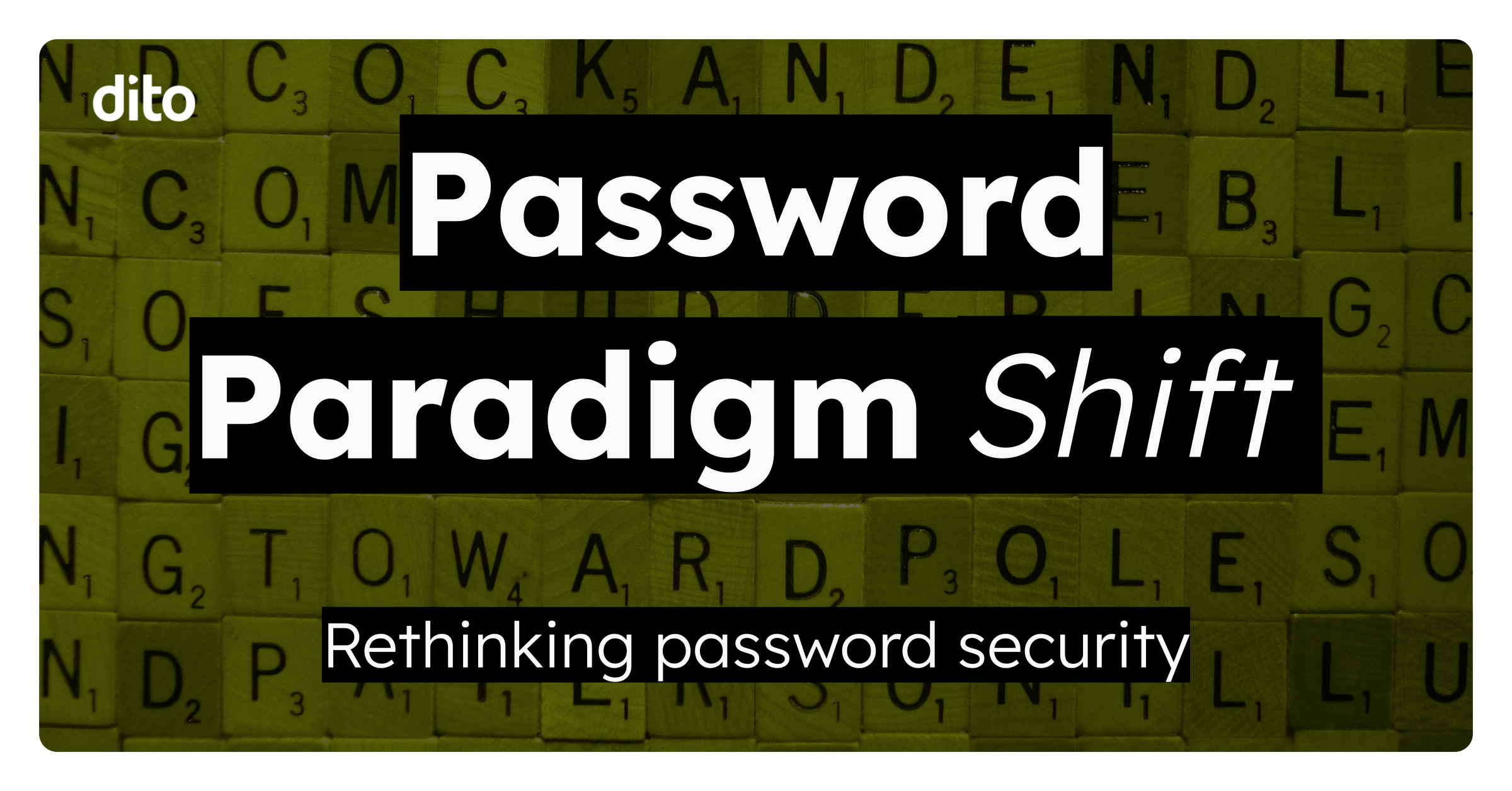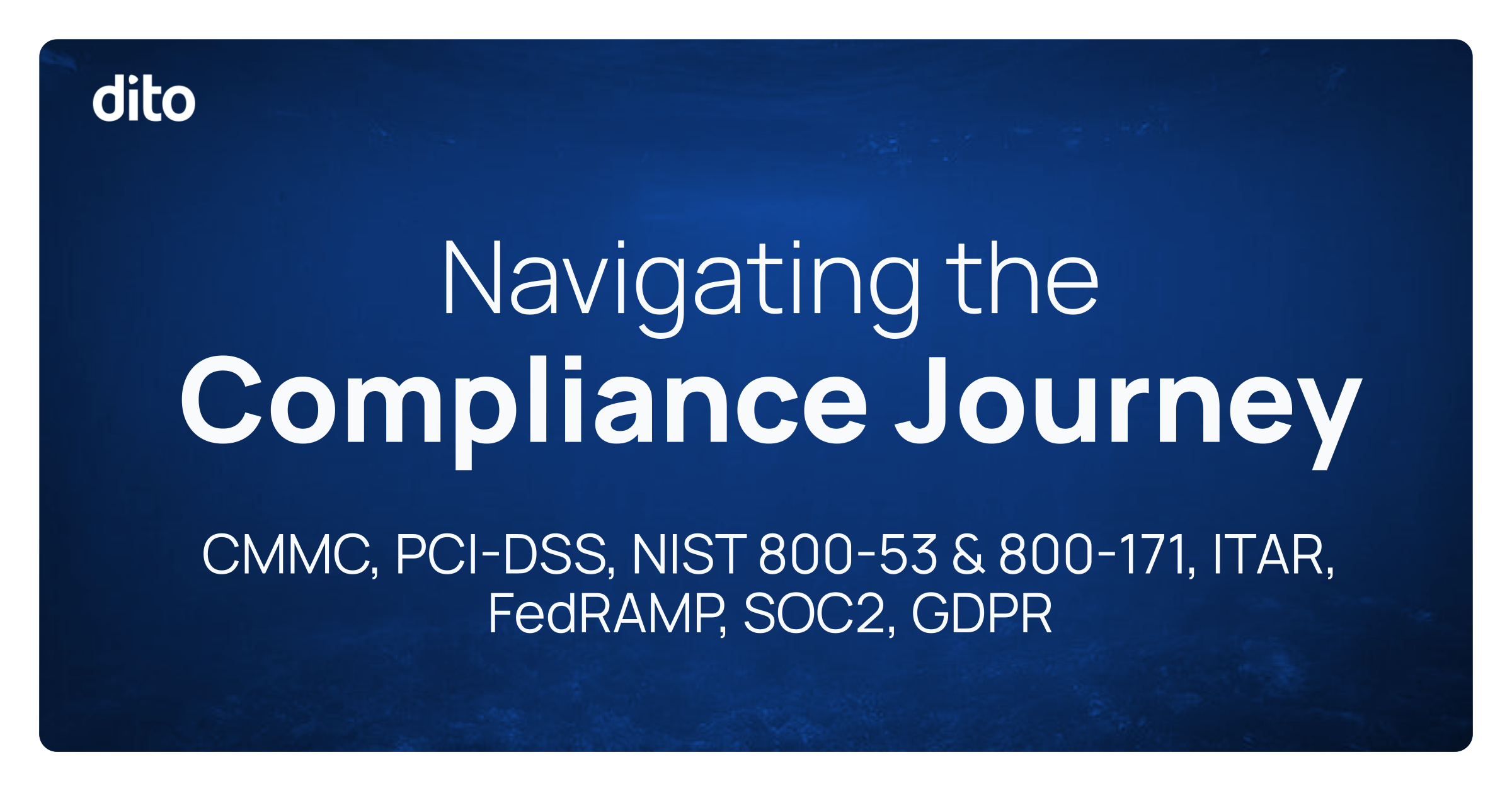The US Government says you should stop using Password Complexity and Password Resets… so why are you still using them?
In the high stakes arena of cybersecurity, staying ahead of the curve is crucial. Yet, many organizations cling to outdated practices that may actually be hindering their security efforts. The National Institute of Standards and Technology, or NIST, publishes countless standards including some of the most definitive cyber security standards in the world. A few years ago now in 2020, NIST updated their digital identity guidelines with some important changes that most computer administrators seem to be unaware of or ignoring.
In this post, we’ll explore three cybersecurity tips endorsed by NIST and reviewed by Dito in-house expert, Kevin McGrail (aka “KAM”). These insights challenge conventional wisdom and offer a fresh perspective on how to enhance your digital security. Whether you’re an IT professional or a concerned individual, these tips will help you rethink your approach to password management and overall cybersecurity strategy.
These recommendations, backed by NIST guidelines, challenge traditional notions of password security. By adopting these practices, organizations can significantly enhance their cybersecurity posture while also improving user experience.
Remember, effective cybersecurity isn’t about ticking boxes or following outdated rules. It’s about implementing smart, evidence-based strategies that genuinely protect your digital assets. As cyber threats continue to evolve, so too must our defenses.
The three key takeaways are:
- Embrace long passphrases instead of complex passwords
- Abandon arbitrary periodic password changes
- Implement Multi-Factor Authentication (MFA)
Stay informed, stay adaptable, and most importantly, stay secure.








